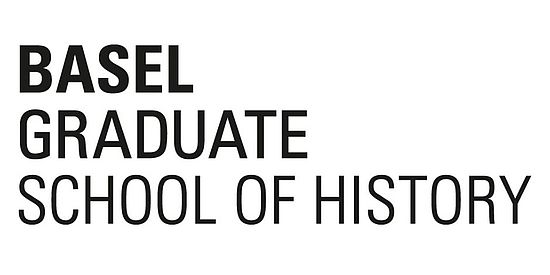
Eva Ariane KocherDevelopment through insurance – The postcolonial formation of the insurance industry in Nigeria and Cameroon
This doctoral dissertation focuses on the diffusion, politicisation and the impact of insurance in view of the economic and social development of Nigeria and Cameroon. The period examined stretches from the emergence of the Third-World-Project (Prashad 2012) , throughout the period of decolonisation and state-building up to the early 1980s and the advent of the debt crisis and structural adjustment in West and Central Africa. With this timeline encircling the immediate post-independence era, the project aims at analysing the dynamics of decolonisation and the development of the African insurance industry, how insurance was a crucial instrument in both, the state-building process as well as in the context of economic development and international cooperation. The project focuses on the policies and market development of two African countries in particular, Nigeria and Cameroon, both of which emerged as significant insurance markets and locations of crucial organisations for the regional insurance Industry. The analysis follows a transnational approach and thereby includes multiple international and regional organizations, their policies and activities in sub-Saharan Africa as well as initiatives from the private sector and their entanglement.
This thesis asks how late colonial policies shaped service economies, simultaneously, the impact of decolonisation will be closely analysed. How did post-colonial policies transform the insurance markets in sub-Saharan Africa? How did inter-African initiatives such as the African Insurance Organization, Africa Re or CICA arise and shape the Nigerian and Cameroonian insurance markets? The project will also investigate how both, foreign and local insurance companies coped with shifting challenges, obstacles and regulations.
Quick Links
Social Media
